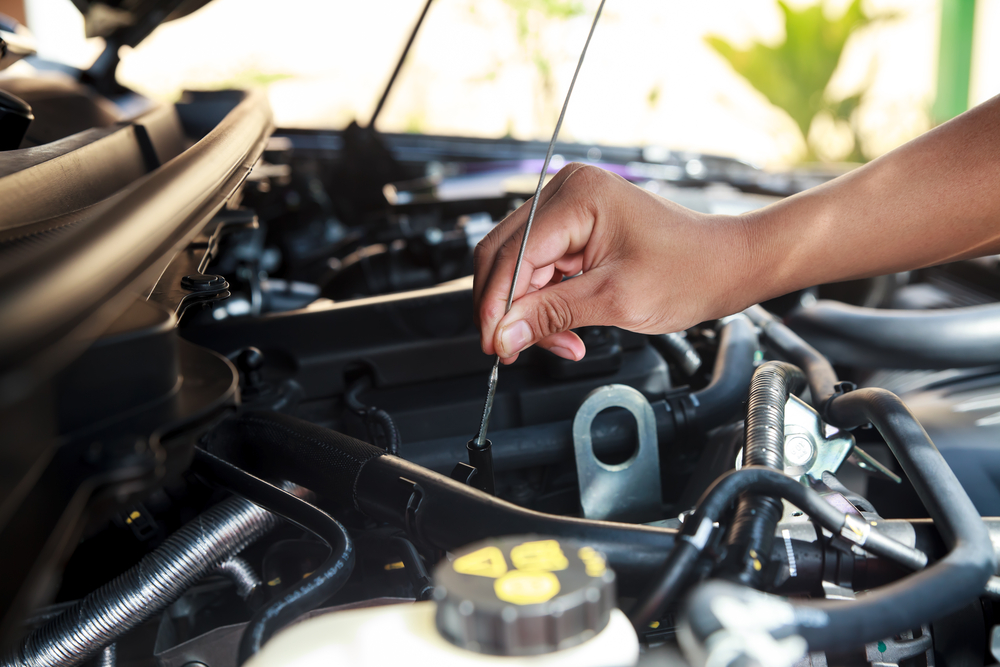All Categories
Featured

Automobile repairs can rapidly end up being a financial problem, specifically when dealing with significant concerns that require considerable job and expensive parts. Comprehending the elements that affect the cost of these repair services is necessary for automobile proprietors who intend to be gotten ready for the unexpected. From the kind of repair needed to the make from your vehicle, a number of essential components can figure out just how much you'll pay for fixings. Below's a closer take a look at the most influential factors:
- Kind of Repair. The nature of the repair plays an essential function in the expense. Straightforward repair services, such as replacing a trigger plug or brake pads, are generally less costly since they call for less parts and less labor. On the other hand, repair services that include intricate systems like the transmission, engine, or electrical systems tend to be more pricey. These repairs frequently need even more customized components and competence, leading to greater labor charges. In addition, if the repair work involves disassembling multiple components, the labor costs can increase substantially.
- Make and Version of Your Vehicle. Deluxe and international cars, such as BMWs, Audis, and Mercedes-Benz, usually come with higher repair work expenses due to their specialized parts and the know-how needed to function on them. In contrast, even more common lorries like Ford or Toyota generally have much less expensive components and are much easier for mechanics to work on, which lowers repair work expenses.
- Parts Schedule and Quality. The expense of the components needed for the repair is one more significant element. The rarity of components, particularly for older or specialty cars, can likewise drive up the expense, as locating suitable replacements can take time and effort.
- Labor Expenses. These expenses differ by area and repair work shop, with metropolitan areas generally charging greater prices due to overhanging costs. The intricacy of the fixing likewise plays a role; repair services that need more time or specialized knowledge, such as working on an engine or electric system, will certainly result in greater labor fees.
- Extent of the Damage. If the damages is comprehensive and requires numerous components to be changed or fixed, the expense will rise. When major systems like the transmission or engine are affected, the repair service price can escalate quickly due to the number of parts and the labor involved.
- Automobile Age and Problem. Older cars often tend to call for more constant repair work, and as components use out over time, the price of those repair work can boost. In enhancement, parts for older versions may be harder to find, which can enhance both the price and time required for fixings.
- Location of the Repair Work Shop. The area of the repair work shop can also affect the cost of cars and truck repair work. Labor rates in urban locations are normally greater than in country or less densely populated areas. Additionally, dealerships typically bill a lot more for repair work contrasted to independent service center, although dealers might utilize OEM components and use customized service for your make and model. It's constantly a good concept to search and get multiple quotes to find the most effective rate for the fixings you require.
- Insurance Coverage and Service Warranty Insurance Coverage. If your auto is still under guarantee, numerous major repairs may be covered by the manufacturer, which can save you a considerable amount of cash. Sometimes, prolonged warranties or solution strategies can aid cover repairs for sure components of the car. Additionally, if the repair work is an outcome of a mishap, your cars and truck insurance plan might cover the price. Make sure to inspect the terms of your insurance coverage or guarantee plan to understand what repair work are covered and what you might need to pay for out-of-pocket.

Verdict. A number of variables affect the cost of significant cars and truck repair work, including the kind of fixing, the make and version of your lorry, the quality of the components utilized, and labor costs. Understanding these aspects can help you far better prepare for fixing costs and make more informed decisions when it's time for a major solution.
Latest Posts
Picking the Right Venue: What to Take into consideration for Wedding Events, Seminars, and Events
Published en
1 min read
Host Your Perfect Event: Location Rental Alternatives for each Event
Published en
1 min read
What Aspects Influence the Expense of Major Cars And Truck Repair Work
Published en
0 min read
More
Latest Posts
Picking the Right Venue: What to Take into consideration for Wedding Events, Seminars, and Events
Published Mar 17, 25
1 min read
Host Your Perfect Event: Location Rental Alternatives for each Event
Published Mar 17, 25
1 min read
What Aspects Influence the Expense of Major Cars And Truck Repair Work
Published Jan 03, 25
0 min read